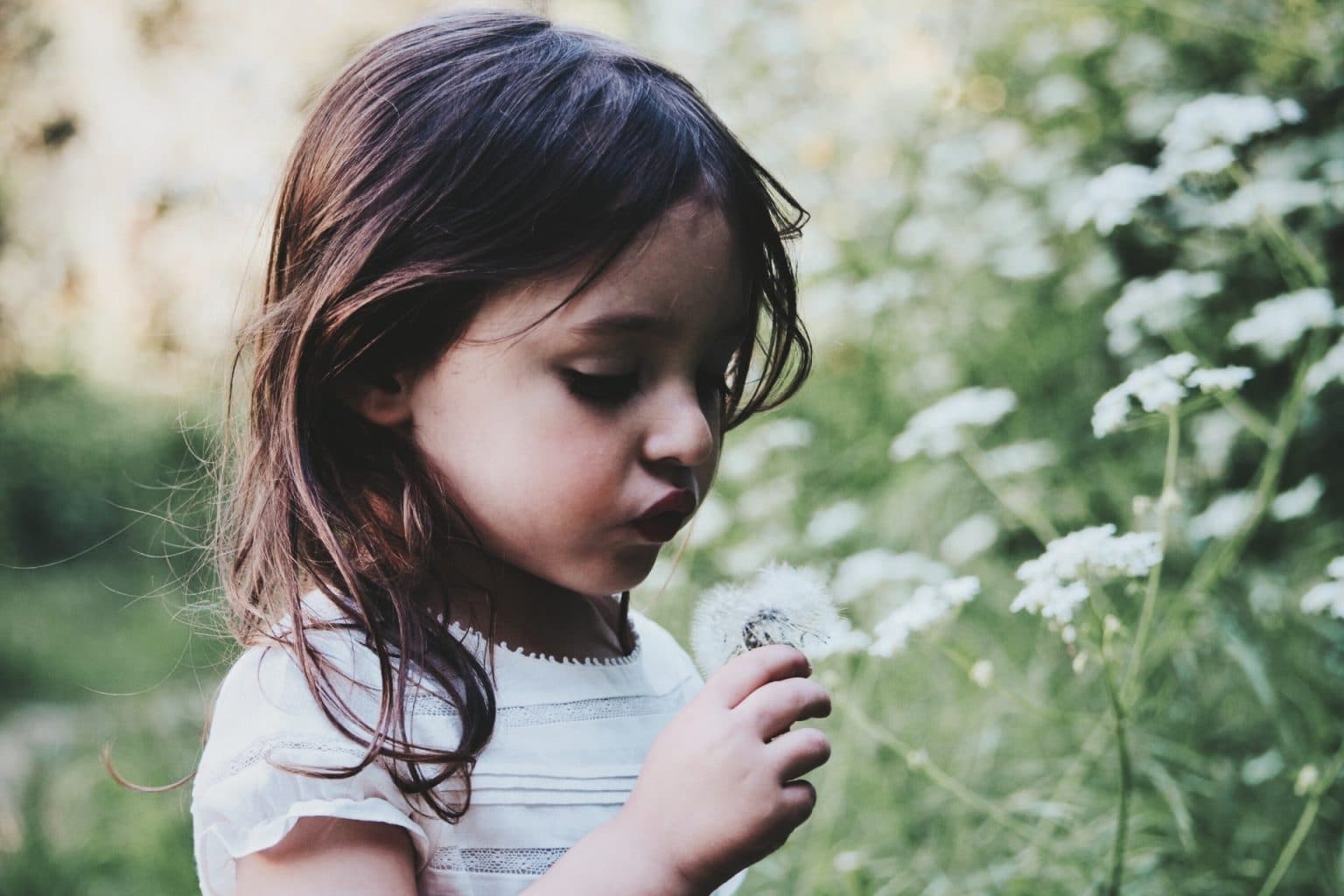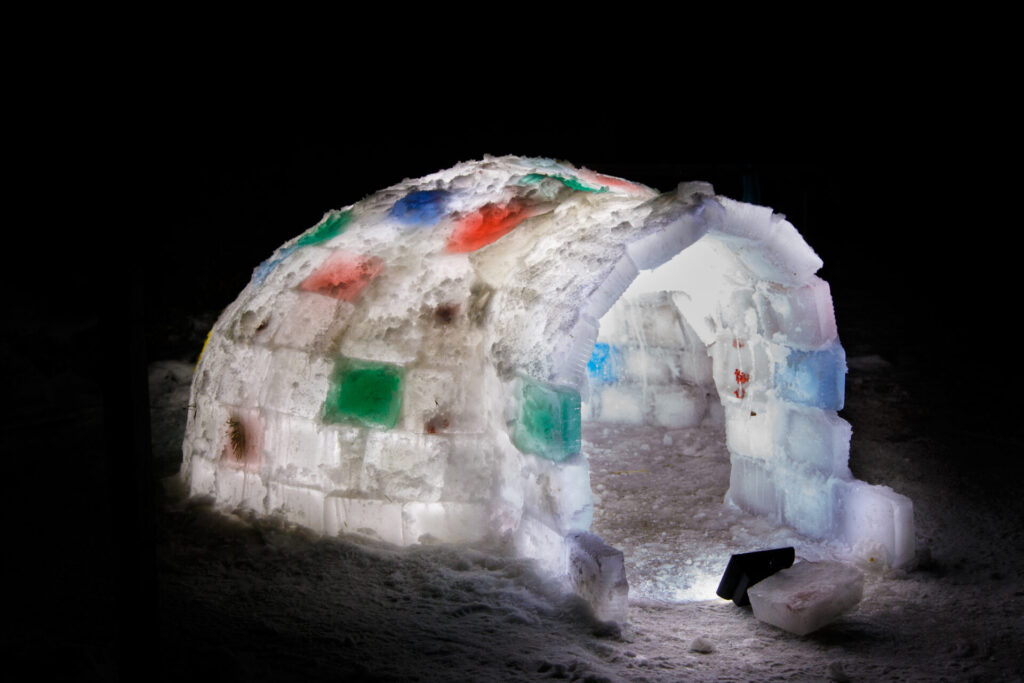It can be hard to know if that cold your child can't shake is viral or actually seasonal allergies. We spoke to family physician Dr. Stephanie Liu to get the goods on symptoms, identifying the allergens and what you can do to help.
If you’ve noticed your kids are particularly congested this year, we hear you. Allergy season is certainly in full swing, with super-high pollen counts in many cities and towns across Canada. And while allergies seem to be the norm in us adults, we often overlook the possibility that our kid has seasonal allergies, even though it’s actually pretty common. With so many parents dealing with complaints about sneezing, itchy eyes, runny noses, sniffling and headaches right now, we reached out to Dr. Stephanie Liu, a family physician based in Edmonton, for her advice on how to alleviate symptoms in little ones. Here are her tips. (Achoo.)
ParentsCanada: It’s a bad seasonal allergy season in our neck of the woods and, while we know it’s very common for adults to suffer, we’ve been hearing more and more parents talk about kids showing symptoms. How common are seasonal allergies in children, and are we looking for the same kinds of symptoms adults get?
Dr. Stephanie Liu: Seasonal allergies are quite common in children—nearly one in five children have seasonal allergies. Symptoms in children are generally like those in adults, and may include sneezing, runny or stuffy nose, itchy or watery eyes, sore or itchy throat and coughing. Since children may not always understand what allergies are—they sometimes put up with severe symptoms that can negatively affect their life. Seasonal allergies can make it difficult to sleep at night, which can lead to feeling tired or having trouble concentrating during the day.
PC: It’s good to know seasonal allergies are common in kids, but how do we know what they’re allergic to? How are they diagnosed for seasonal allergies?
Dr. Stephanie Liu: Determining what a child is allergic to typically involves a combination of medical history, physical examination, and, if indicated, allergy testing. Medical history suggestive of seasonal allergies includes nasal congestion or runny nose, itchy or watery eyes and coughing. History is often sufficient to diagnose seasonal allergies because it is reproducible from year to year. For example, if a child is allergic to tree or grass pollen, symptoms typically occur in the spring and summer every year. In some children with seasonal allergies, they may have swelling and darkening around their eyes or a nasal crease on their nose from repeated rubbing and pushing the tip of the nose up with the hand.
Allergy-specific testing is not necessary with all children who have seasonal allergies. However, in some cases of severe allergy symptoms, your family doctor may refer your child to an allergy specialist for evaluation. The allergist may do a skin-prick test to identify the specific allergen that your child is allergic to.
PC: How do we help kids who suffer? Antihistamines are a common go-to for most adults, but some folks swear by showering after being outside to ensure they remove pollen and other bits that stick to us. Keeping kids outside in the summer—after they’ve waited months and months for good weather—isn’t going to work in most cases. What tips do you have to keep allergy symptoms at bay, or at least manage them?
Dr. Stephanie Liu: Seasonal allergies can be challenging for children, especially when they want to spend time outdoors. I recommend the following:
- Check pollen counts and try to plan outdoor activities when pollen levels are lower, usually in the early morning or late afternoon. Try to avoid outdoor activities on windy days, when pollen is more likely to be in the air.
- Keep windows in your home and car closed to keep allergens out. Regularly cleaning and vacuuming to reduce allergens like pollen and dust in the home can also be helpful.
- Have your child wash their hands and face as soon as they come in from outside to remove pollen and other allergens from their skin. Better yet, have them rinse off in the shower.
- Nasal saline sprays can be helpful in flushing out allergens to relieve nasal congestion from allergies. Prescription nasal steroid sprays can also be helpful at reducing nasal symptoms.
- Antihistamines can help stop sneezing, itching and runny nose symptoms. Make sure you check in with your child’s healthcare provider before starting medications.
- In some situations, allergen immunotherapy (allergy shots) may be recommended for children with severe seasonal allergies to help build tolerance to specific allergens over time.
PC: When should we consult our family doctor or paediatrician? We don’t want to wait until our kids have trouble breathing or symptoms like that, so how do we know when to call/visit?
Dr. Stephanie Liu: Consult with your family doctor or paediatrician if you suspect that your child has seasonal allergies or if their symptoms are interfering with their quality of life. For example, poorly controlled allergy symptoms can lead to difficulty participating in sports, impaired sleep and difficulty concentrating at school. I always tell my families to check in with me if they have concerns or if they are unsure of the diagnosis.
PC: What else should parents know about seasonal allergies in kids? And how can we tell the difference between colds and allergies?
Dr. Stephanie Liu: It can be challenging to differentiate between the common cold and seasonal allergies, as they can share some similar symptoms, but there are also some key differences.
First off duration of symptoms—allergies can last for weeks or months, while the common cold usually has a shorter duration, typically less than two weeks. Seasonal allergies also tend to recur around the same time each year. The onset of symptoms is also a key feature—allergy symptoms appear immediately after exposure to allergens such as pollen. Cold symptoms can often present more gradually, starting with a sore throat or stuffy nose, and then progressing. The colour of nasal discharge also differs. With allergies, nasal discharge is usually clear and watery, while the nasal discharge with a common cold can be clear or thicker and discoloured. Common colds can sometimes be associated with a fever, whereas allergies are not. Itching and sneezing are more common for seasonal allergies. These allergies are commonly associated with itchy eyes, nose or throat and bouts of sneezing.










